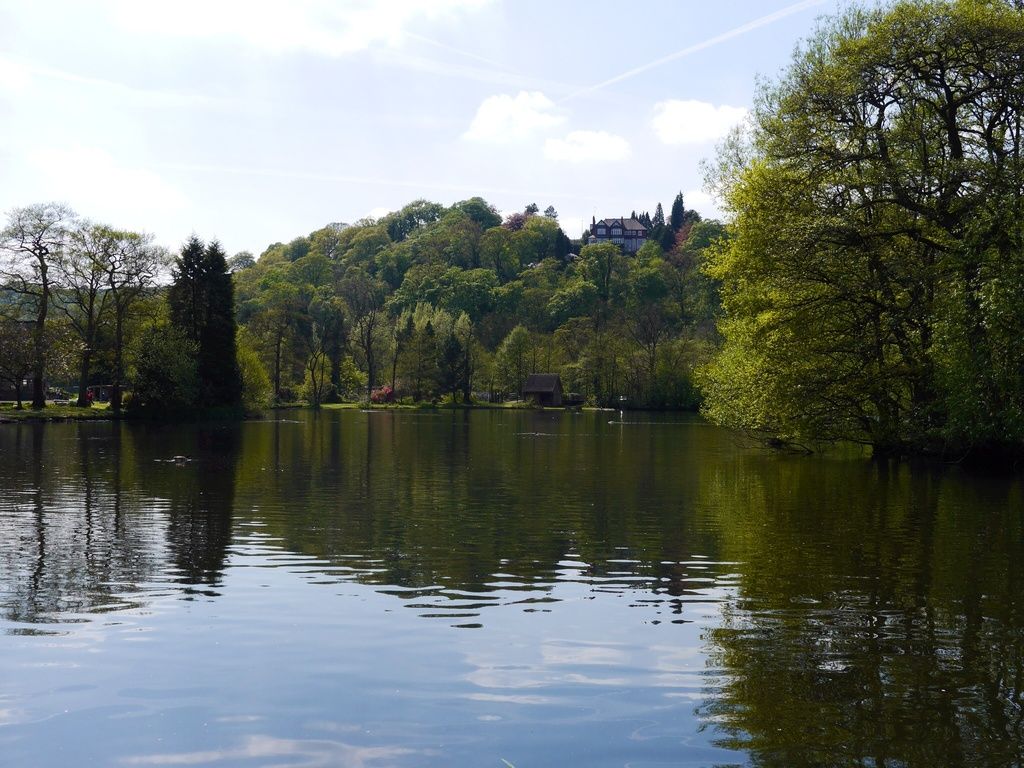This week's scientific updates: exploring Minecraft, honing pasta culinary techniques, and advancing cancer treatment studies.
Blasting through the Week's Science Facts: A Lighthearted Look at NPR’s Headlines!
Hey there, science enthusiasts! Let's take a spin through the universe, delve into some ancient Roman pasta secrets, and unearth the mystery behind the growing numbers of young colorectal cancer cases - all whilst keeping it relaxed and fun. Joining the party are your favorite pie-in-the-sky scientists Emily Kwong and Regina Barber. Fasten your lab coats, folks, it's gonna get thrilling!
1. Minecraft Mania: Striking Gold with Video GamesEmily: Giant sandboxes and pixelated landscapes have captivated millions, and we're talking none other than Minecraft. Now, you might wonder what Minecraft has to do with understanding the nitty-gritty of human learning? Brace yourself, as we invite you to join a revolutionary adventure!
Regina: Charley Wu and gang did just that in a cutting-edge study. Using the power of virtual worlds, they dug deep into the world's favorite blocky game, observing more than 100 participants to find out how we collaborate and learn.
Emily: Intrigued by the argument that human success isn't just down to our individual brains, but rather our social and cultural learning abilities, they ran experiments in Minecraft that would either reward collaboration or independent exploration. In an astounding twist, they found that the most successful players deftly juggled individual and social learning techniques, adapting effortlessly for better outcomes.
Regina: So, the million-dollar question: How does this knowledge affect you? The researchers created a computer model inspired by their findings to help us better comprehend the delicate balance between learning on your own and learning from others. Could gaming save the world, after all?
2. Cacio e Pepe the Renaissance: Blending Art and ScienceRegina: The enticing aroma of spaghetti, black pepper, and tangy pecorino cheese whirls through the air as we land upon Giacomo Bartolucci and Ivan Di Terlizzi's grand experiment. Being devoted physicists who missed their hometown comfort food, they organized massive dinner parties for fellow scientists - simply adding a touch of hot, bubbly math to traditional Italian cooking.
Ivan: We all know that creamy, luscious cacio e pepe sauce is pure heaven, but there's a minor hitch: guaranteed hand-flung splatters if you're not careful. Ivan's referring to the protein aggregation that can occur when the sauce gets clumpy, making it a pasta nightmare.
Emily: So here's the genius part: they decided to put their physics hats back on and study the effects of adding cheese to water, aiming to discover that perfect, harmonious ratio.
Regina: They've published their brilliant results in the journal "Physics of Fluids", and the revelation is that a mere 1% starch added to the water prevents cheese from clumping and creates that coveted smooth sauce covering each delicious strand like a velvet blanket. Bring on the pasta parties!
3. Colorectal Cancer: Uncovering the Connection to Younger GenerationsEmily: In recent times, cases of colorectal cancer have doubled in people under 55 years old, leaving scientists completely clueless as to why. In a quest for answers, some Carolinian super-sleuths recently uncovered an interesting lead: colibactin.
Regina: Colibactin is a nasty toxin produced by certain strains of E. coli living in our gut and may cause DNA damage, initiating cancer mutations. Guess what these researchers found in their investigation of over a thousand patient samples? The presence of colibactin-related mutations to be significantly higher in early-onset colorectal cancer cases.
Emily: More digging revealed that these mutations typically occur within the first ten years of life. This suggests proper timing for the disease to develop in later years, potentially putting young people on a path to cancer in their 20s or even 30s. Further research is needed to solidify the exact link, but this tantalizing discovery opens the door for a fascinating line of inquiry into the environmental, lifestyle, and microbial factors that may influence colibactin production.
Regina: Stay curious, folks, because together we can change the world, one quantum leap at a time!
4. HealthBytes: Navigating Medical-Conditions through Science and TechnologyEmily: Advanced technology has broughtus the ability to monitor our health and wellness in previously unimaginable ways. With the advent of wearable devices, we're now able to record our daily routines, sleep patterns, and even heart rates with unprecedented precision.
Regina: Recently, doctors at the Regina Healthcare Center devised an innovative approach, using this highly personal data to detect early signs of various medical conditions, from hypertension to depression.
Emily: In a groundbreaking study, they have demonstrated the effectiveness of AI in analyzing this data, resulting in faster and more accurate diagnoses compared to traditional methods. This could contribute to a healthier lifestyle for millions, transforming the medical landscape in a positive way.
Regina: Furthermore, they are collaborating with barber shops across the nation to extend this early detection strategy to those who may have otherwise overlooked their health. Those getting a trim may soon discover much more than a fresh haircut!
5. In the Quest for an Aging Fountain: New Frontiers in Health and WellnessRegina: The eternal question of aging has always loomed large in the realm of human curiosity. Scientists from the AgeWell Institute are now on a mission to uncover the secrets of our bodies' aging process, seeking out that elusive fountain of youth.
Emily: Lena Wagner, a centenarian who's been in perfect health for decades, has been chosen as their guinea pig in this audacious expedition. Examining her DNA, scientists aim to identify the genetic markers that contribute to her extraordinary longevity without the typical ailments associated with old age.
Regina: The hope is that their findings will provide a means of tuning our own molecular clocks, adding years to our lifespan and ultimately unlocking the key to preventing diseases related to the aging process, like Alzheimer's disease and dementia.
Emily: The quest continues, and we're holding our breath in anticipation. With these revelations, the world could be on the brink of opening a whole new era of health and wellness.






